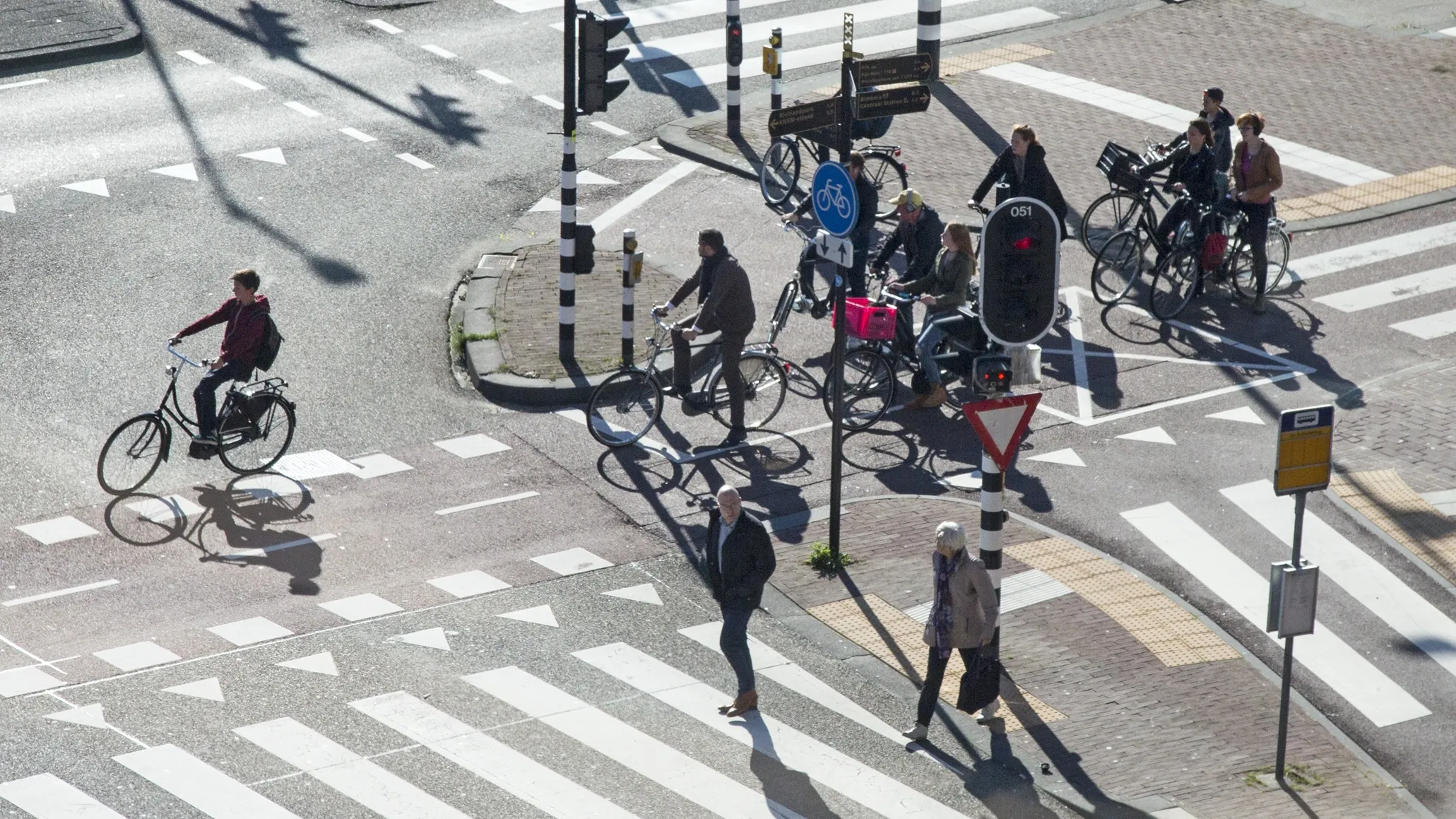Self-driving cars could appear on Dutch roads before long as the government is preparing regulations that will make large-scale public testing legal.
According to Minister for Infrastructure and the Environment Melanie Schultz van Haegen who made the proposal, the age of self-driving cars has arrived and she wants the country to be ready to play a leading international role in the innovation: “Self-driving cars will make a positive contribution to the flow of traffic and to the safety of our busy road ne
June 18, 2014
Read time: 2 mins
Self-driving cars could appear on Dutch roads before long as the government is preparing regulations that will make large-scale public testing legal.
According to Minister for Infrastructure and the Environment Melanie Schultz van Haegen who made the proposal, the age of self-driving cars has arrived and she wants the country to be ready to play a leading international role in the innovation: “Self-driving cars will make a positive contribution to the flow of traffic and to the safety of our busy road network. Moreover, self-driving cars are more economical which is good for us as well as the environment.”
To make testing on public roads legally possible, existing regulations must be amended. Schultz van Haegen is to present a proposal to this end in 2015 and plans to announce the conditions for testing and the test locations during the summer.
In addition, the Minister wants to take the initiative in amending the regulations to enable the large-scale international introduction of self-driving cars and announced a study into the issues involving liability, driving skills requirements, data traffic and the possible impact on the infrastructure. Moreover, she wants to build an international network for the further development of self-driving cars together with the Dutch automotive sector, research institutes, and car and truck manufacturers.
A consortium including DAF, the Port of Rotterdam and Transport & Logistiek Nederland has already submitted the first application to test autonomous lorries that drive in convoys. The aim of the consortium is, within five years, to bring technology onto the market that logistics companies with such lorries can use to drive on public roads.
According to Minister for Infrastructure and the Environment Melanie Schultz van Haegen who made the proposal, the age of self-driving cars has arrived and she wants the country to be ready to play a leading international role in the innovation: “Self-driving cars will make a positive contribution to the flow of traffic and to the safety of our busy road network. Moreover, self-driving cars are more economical which is good for us as well as the environment.”
To make testing on public roads legally possible, existing regulations must be amended. Schultz van Haegen is to present a proposal to this end in 2015 and plans to announce the conditions for testing and the test locations during the summer.
In addition, the Minister wants to take the initiative in amending the regulations to enable the large-scale international introduction of self-driving cars and announced a study into the issues involving liability, driving skills requirements, data traffic and the possible impact on the infrastructure. Moreover, she wants to build an international network for the further development of self-driving cars together with the Dutch automotive sector, research institutes, and car and truck manufacturers.
A consortium including DAF, the Port of Rotterdam and Transport & Logistiek Nederland has already submitted the first application to test autonomous lorries that drive in convoys. The aim of the consortium is, within five years, to bring technology onto the market that logistics companies with such lorries can use to drive on public roads.








